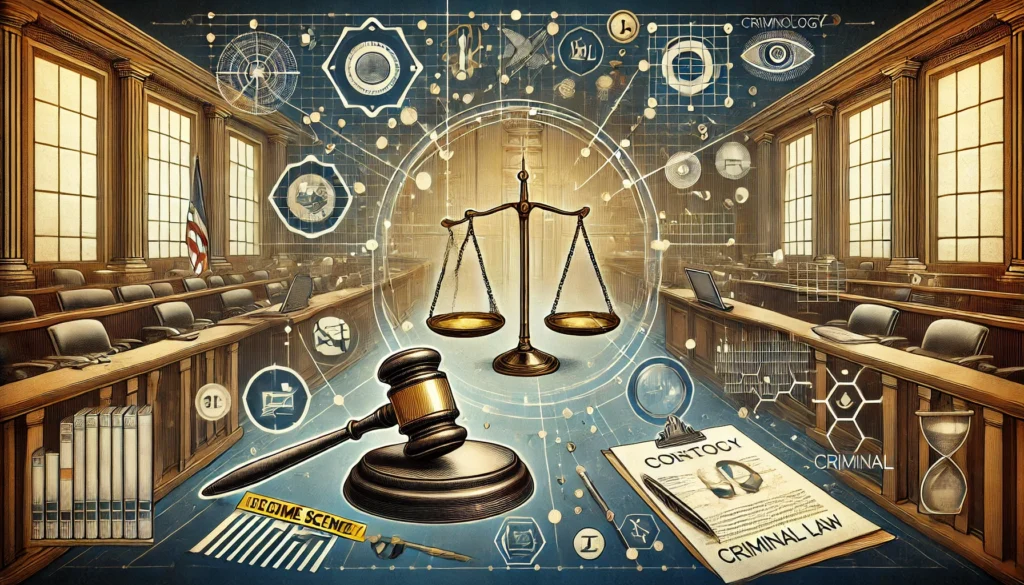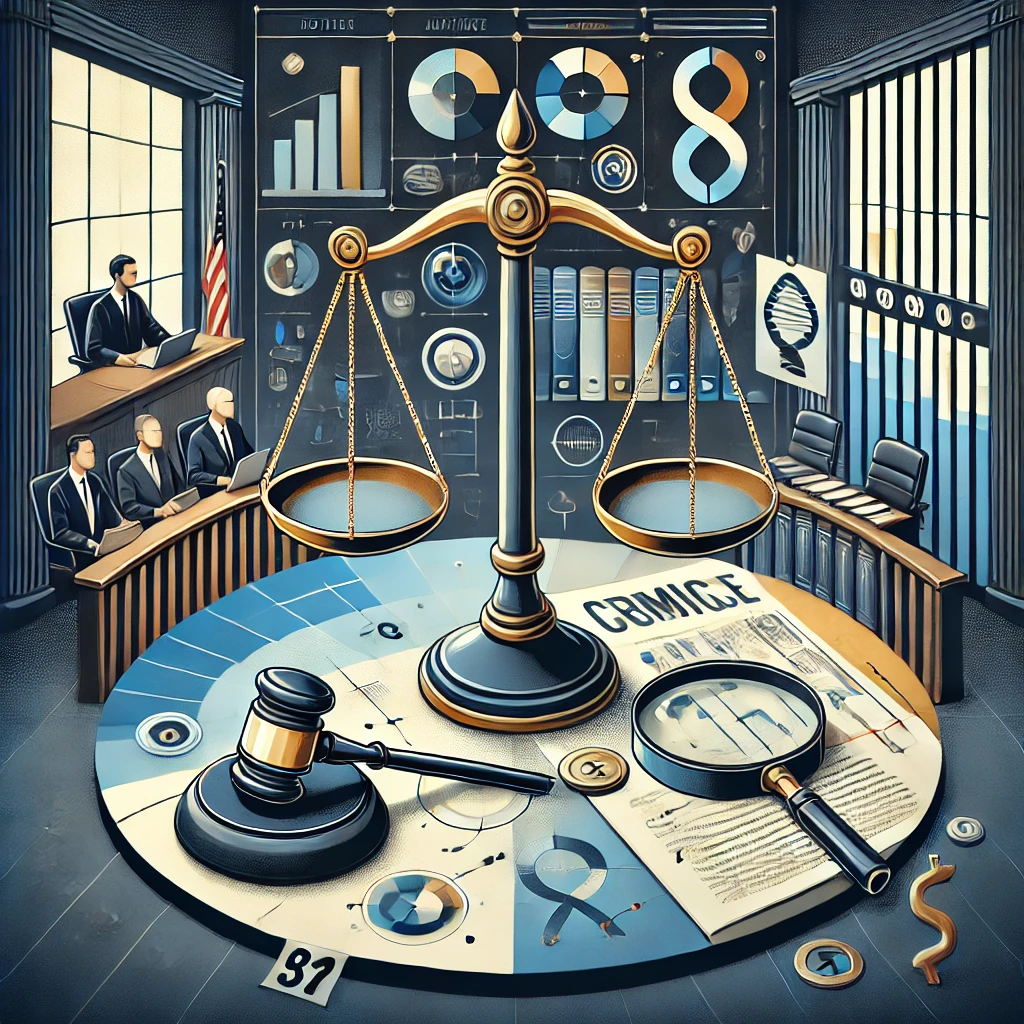Criminology and criminal law are two interconnected fields that play crucial roles in understanding and addressing crime. While criminology focuses on the causes, consequences, and prevention of criminal behavior, criminal law provides the legal framework to define, regulate, and adjudicate crimes. This article explores the symbiotic relationship between criminology and criminal law, highlighting their shared objectives, differences, and contributions to justice systems worldwide.
1. Defining Criminology and Criminal Law
What Is Criminology?
Criminology is the scientific study of crime, its causes, and its effects on society. It seeks to understand criminal behavior through interdisciplinary approaches, including sociology, psychology, anthropology, and law.
What Is Criminal Law?
Criminal law is a body of laws established by states to define prohibited conduct and prescribe penalties. It serves to maintain social order, protect citizens, and uphold justice.
2. Historical Context: The Evolution of the Relationship
The relationship between criminology and criminal law has evolved over centuries, shaped by philosophical, scientific, and legal advancements.
Early Developments
- Classical criminology (Cesare Beccaria) emphasized rational punishment proportional to the crime, influencing early legal codes.
- Positivist criminology (Cesare Lombroso) introduced scientific methods to study criminal behavior, prompting discussions on criminal responsibility.
Modern Integration
- The rise of sociological theories emphasized the need for criminal law to address societal inequalities.
- Advances in forensic science bridged gaps between criminological research and legal evidence.
3. Key Intersections Between Criminology and Criminal Law
1. Definition and Classification of Crime
Criminologists study the social and psychological factors influencing crime, aiding lawmakers in categorizing offenses (e.g., violent crimes, property crimes).
2. Criminal Responsibility
Research in criminology informs legal standards of responsibility, including debates on age, intent, and mental capacity.
3. Crime Prevention Policies
Insights from criminological studies contribute to the development of laws and policies aimed at reducing crime rates, such as community policing and rehabilitation programs.
4. Victimology and Legal Protections
Victimology, a subfield of criminology, has influenced the establishment of victim rights within criminal law.
4. Differences Between Criminology and Criminal Law
| Aspect | Criminology | Criminal Law |
|---|---|---|
| Focus | Understanding crime and behavior | Defining and enforcing legal boundaries |
| Methodology | Empirical and interdisciplinary research | Legal analysis and interpretation |
| Objective | Prevention and societal understanding | Justice and social order |
| Approach | Explanatory and theoretical | Normative and prescriptive |

5. Challenges in Bridging the Two Fields
- Ethical Dilemmas: Balancing criminological findings with strict legal standards.
- Policy Implementation: Translating criminological research into actionable laws.
- Evolving Definitions: Adapting legal definitions to reflect modern criminological insights (e.g., cybercrime).
6. The Role of Criminology in Legal Reforms
Criminology serves as a catalyst for legal reforms by providing data-driven insights into crime trends, offender rehabilitation, and societal needs. For instance:
- Restorative justice practices influenced by criminology promote reconciliation over punishment.
- Empirical studies challenge stereotypes, reshaping legal interpretations of criminal behavior.
7. Conclusion
Criminology and criminal law, while distinct in focus and methodology, share a common goal of addressing crime and ensuring justice. Their collaboration enriches both fields, fostering a deeper understanding of crime and more effective legal responses. For academics and practitioners, exploring this relationship offers valuable insights into creating equitable and efficient justice systems.

